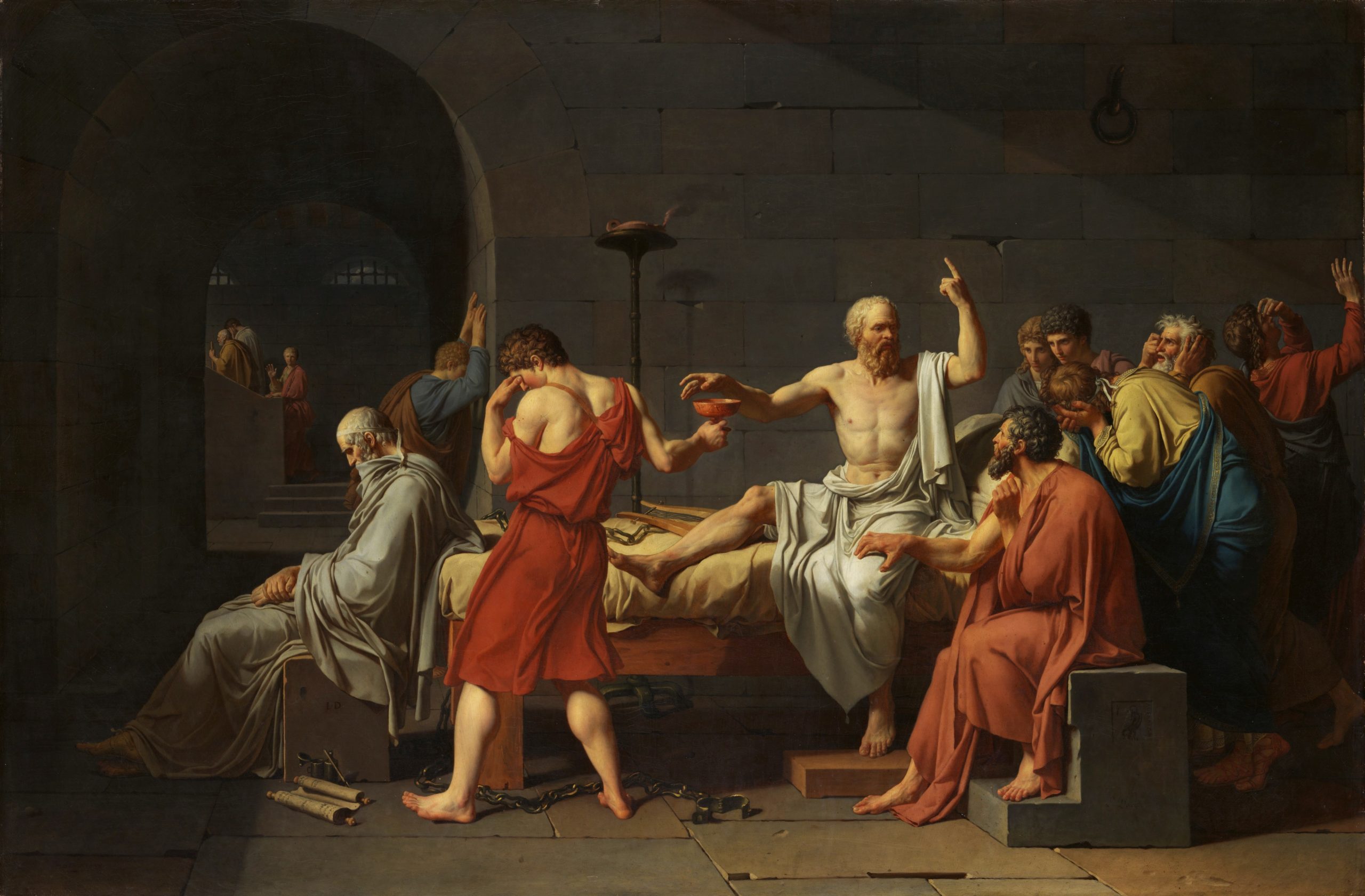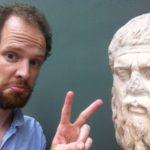What’s the role of philosophy in our life and could it bring new innovation to our life like science?
Thank you, Li Kelvin, for such a crucial question.
As is to be expected, the answer hinges on what we take philosophy to mean. If we think it’s just a 9-5 job of detached concept-mongering or argumentative acrobatics, it might only allow us to be better nit-pickers and know-it-alls.
Instead, let’s assume philosophy is about questioning (our) presuppositions; about trying to really understand what we usually take to be self-evident, that is, to explicate what is usually implicit; about scrutinizing (our) world-views and values; about checking (our) claims for consistency and justification. Just think of Socrates, really.
Most works that we consider to be philosophical classics do one or several of these things. Traditionally, these activities revolve around grand old notions like “truth”, “being”, “nature”, “god” or “mind”. Our research activities have since developed into distinct disciplines, so we can now also engage in specific philosophies, reflecting on fundamental concepts and assumptions in mathematics, physics, psychology, etc. Such reflection might not be directly useful to concrete research; then again, questioning your basic assumptions and clarifying fundamental notions might help prevent confusion later on. Personally, most scientists I know consider such reflections part and parcel of their scientific work; while not trained philosophers, they are still philosophical about their topics.
Even more interestingly, philosophy can play a huge role in everyday life. A lot of fights we get into are based on a lack of explication, too much certainty, or false presumptions. We simply assume that everyone is talking about the same thing. We simply assume that we are right and they are wrong – no matter what. We simply assume our perspective is the only valid one. We simply assume that we already know what the other person “really meant to say”.
Now imagine what would happen if we were to be philosophical about such seemingly simple assumptions. We would have to make sure that our dispute is really about what we think it is about. We would have to admit not only to the possibility of being wrong, but also – dare I say it – to the possibility of them being right! We would have to see our own perspective as one amongst many, and therefore in need of justification. We would have to carefully listen to what was being said.
Moreover, imagine what the world would look like if everyone did all that. What kind of politician or celebrity would thrive within a country of philosophers? Suppose every voter checked every candidates’ claims for consistency and justification: Who would be in charge? Which world-views could prevail in a context which discounted dogmatic gestures? If mindless pragmatism – as well as racism, sexism, nationalism, etc. – were countered every step of the way through logical reasoning, could authoritarian tendencies even get a foot in the door? If philosophy is all this, then the proliferation of philosophy throughout public life could in itself be a ground-breaking innovation.
What do you think? Do you try to live philosophically? Let us know in the comments.
And, as always, if you have a question for the Armchair Philosophers, don’t hesitate to get in touch. You could send us a message or fill in this form.
Be sure to check out our podcast!
If you like what we do, you can support us by buying us a coffee!
Image: The Death of Socrates, by Jacques-Louis David (1787)
I received my PhD in philosophy in 2017; my dissertation was called “Plato's Bastard” (published as “Phenomenology as Platonism” [Phänomenologie als Platonismus]). My areas of interest are phenomenology, metaphysics and their overlap; but I dabble in whatever field I feel like – and with whoever's up for it. Philosophy to me means questioning our presuppositions, which fascinates me because it is something we can do whenever anyone says anything about anything and it never gets boring or old; it's also something that's painfully absent from public discourse, but easily learned. Enter: public philosophy!

